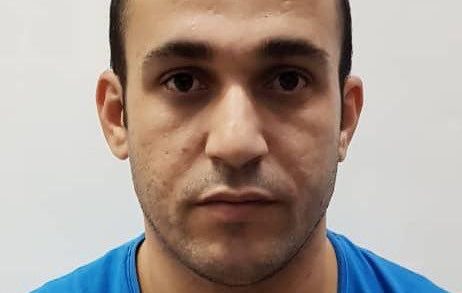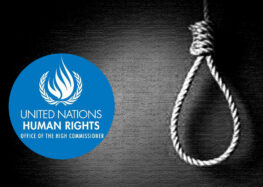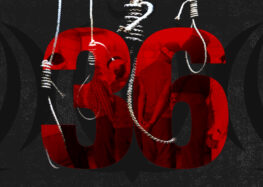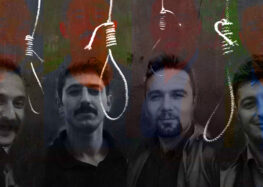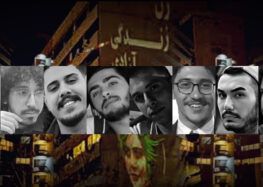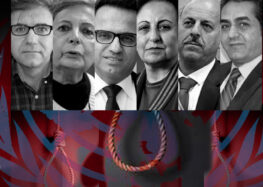Kurdish Death Row Inmate Sews Lips Shut in Hunger Strike Against Denial of Rights
Ramin Hossein Panahi, a Kurdish man in danger of imminent execution in Iran, has sewn his lips shut to protest the denial of his rights by prison authorities.
“Unfortunately, our client has sewn his lips… and started a hunger strike for the following reasons,” said a statement dated August 27, 2018, by defense attorneys Maziar Tataei, Hossein Ahmadiniaz and Osman Mozayyan, a copy of which was obtained by the Center for Human Rights in Iran (CHRI).
“1- Being denied his legal rights, such as access to medical treatment outside prison as prescribed by health authorities in Sanandaj Central Prison.”
“2- Illegally cutting off telephone contacts with his family and lawyers and preventing visitation.”
“3- Being denied the same rights and services as other prisoners.”
“4- Illegal and unjust verdicts that must be reviewed within legal frameworks.”
Panahi and his family have been repeatedly led to believe that he would be imminently executed since he was sentenced to death in January 2018 by Branch 1 of the Revolutionary Court in Sanandaj for his alleged membership in the outlawed Kurdish nationalist group, Komala.
He had also been accused of drawing a weapon against agents of the Islamic Revolutionary Guard Corps (IRGC) but Panahi, 22, has insisted he did not participate in any armed action nor did he reach for a weapon.
“According to information received by our client’s family, he was taken by agents from Rajaee Shahr Prison [in Karaj] on the evening of August 26 and we have no information about his situation and condition,” said the statement.
“These circumstances have increased fears that his sentence may be carried out in the coming days even though our prior requests for judicial reviews… are still under consideration and it is urgently and logically necessary to heed our demands for his pardon,” added the lawyers in their statement.
Iran’s Supreme Court upheld Panahi’s death sentence in April 2018 and his execution was scheduled for May 3 but was postponed after international outcry by the United Nations and rights organizations. Panahi’s request for a case review was rejected by Iran’s Supreme Court but his lawyers have submitted a new appeal.
In calling for the annulment of his death sentence, the UN’s special rapporteur on extrajudicial, summary or arbitrary executions, Agnes Callamard, has cited concerns that Panahi was denied access to a lawyer, a fair trial, and that he was mistreated and tortured in detention.
Despite his innocence plea, Panahi was charged with “corruption on earth” and sentenced to death under Articles 286, 287 and 279 of Iran’s Islamic Penal Code.
CHRI has also called for the annulment of Panahi’s death sentence and for the Iranian judiciary to cease politically motivated executions, stop violating international standards of due process, and guarantee the rights of detainees to counsel of their choice as well as a fair trial in line with UN standards.

